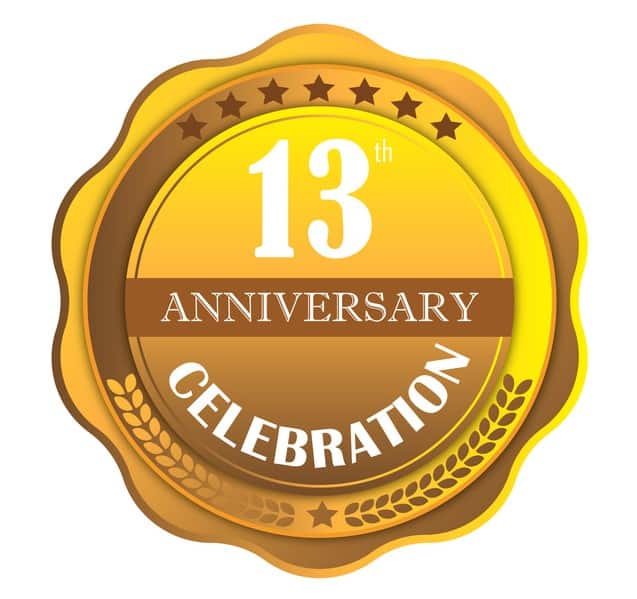There are some things we know about biological causes, and some that we’re still learning about, and who knows what we don’t know yet! There has been some initial research on the brain, so let’s start there. We know that the brains of people who hoard are different than the brains of people who don’t hoard. We see that in two areas: the occipital lobes and the frontal lobe. The occipital lobes contain the pleasure centers of the brain and research tells us that when a person who hoards adds to their stuff their pleasure centers light up and they feel good. This does not happen when they give things away. So it makes sense that if something feels good, the body and the brain want to do it again.
The temporal lobe is in the front of our brain – think the forehead – and is where our capacity for memory, organization, and other executive functioning tasks take place. In the brains of some people who hoard there is a deficit or a lack of ability to accomplish these tasks as others without a hoarding problem can. So, if a person who hoards tells you, “I just don’t get organizing – I can’t make sense of it,” they are likely not giving you an excuse, perhaps their brain doesn’t function well in that kind of task. Of course, not being able to accomplish executive functions easily makes the process of trying to make sense of a hoard really difficult. This is often an area in which people who hoard need help and may be leery of asking for that help. For people who don’t have difficulty with these tasks, they can get frustrated really easily at the inability of people who hoard to “just” get organized and make decisions. It feels like an unnecessarily slow process to make sense of the hoard. This is a process that needs patience blended with help in making things simpler to go through.
Here’s a way to think about the organizational challenge: when faced with trying to organize paperwork, a client told me, “Either I put one piece of paper in a file folder and have thousands of folders, or I put every piece of paper in one folder and can’t possibly find what I need. I don’t know how to categorize.” We talked about categories: bills, newsletters, personal letters, coupons, receipts, etc. It wasn’t a natural process for him and it took some time to get the hang of it.
There’s another biological cause for hoarding – a family link. This family link shows up in two different ways: a genetic link and family socialization. Unfortunately, we don’t know much about genetic link right now, more research is needed to understand it. Currently, there is no test available to determine if someone has the hoarding gene. We do know that hoarding shows up on the 14th chromosome. So if you know a person who hoards and they don’t have identified causes perhaps there is a genetic link for them.
The second way family may impact a person who hoards is by socialization. For example, if a parent hoards they are likely to pass along a way of living to their child. For the most part, we rely on our parents to teach us how to clean, how to get rid of garbage and recycling, make decisions, etc. If parents can’t do this for themselves, how do they teach their children? So, living in a hoard becomes “normal” for a child that doesn’t know anything different. In my experience, the question is not, “Does anyone else in your family hoard?” but rather, “Who in your family hoards?” For many people who hoard, they have family members across the generations or in their own generation who hoard.
A side note here – many adult children of parents who hoard exhibit the complete opposite of their parents and are quite minimalist in their habits and decorating. This is a reaction to what they grew up in – too much stuff, not enough opportunities to be like other kids (e.g., sleepovers, friends at the house, etc.) – and they are determined not to live that way as adults. Parent’s hoarding behaviors can be quite difficult, and even traumatic, for children. If you want to read more about this, I have two very good memoirs for you: Miller, Kimberly Rae (2013) Coming Clean: A Memoir and Sholl, Jessie (2010) Dirty Secret. Both of these women are adult daughters of parents who hoard.
Janet Yeats is a marriage and family therapist and writer who specializes in issues of trauma, grief and loss. Janet consults, speaks and writes on hoarding disorder as well as other trauma and loss-related topics. Visit her youtube channel (Janet Yeats) to see videos and webinars on these topics.


